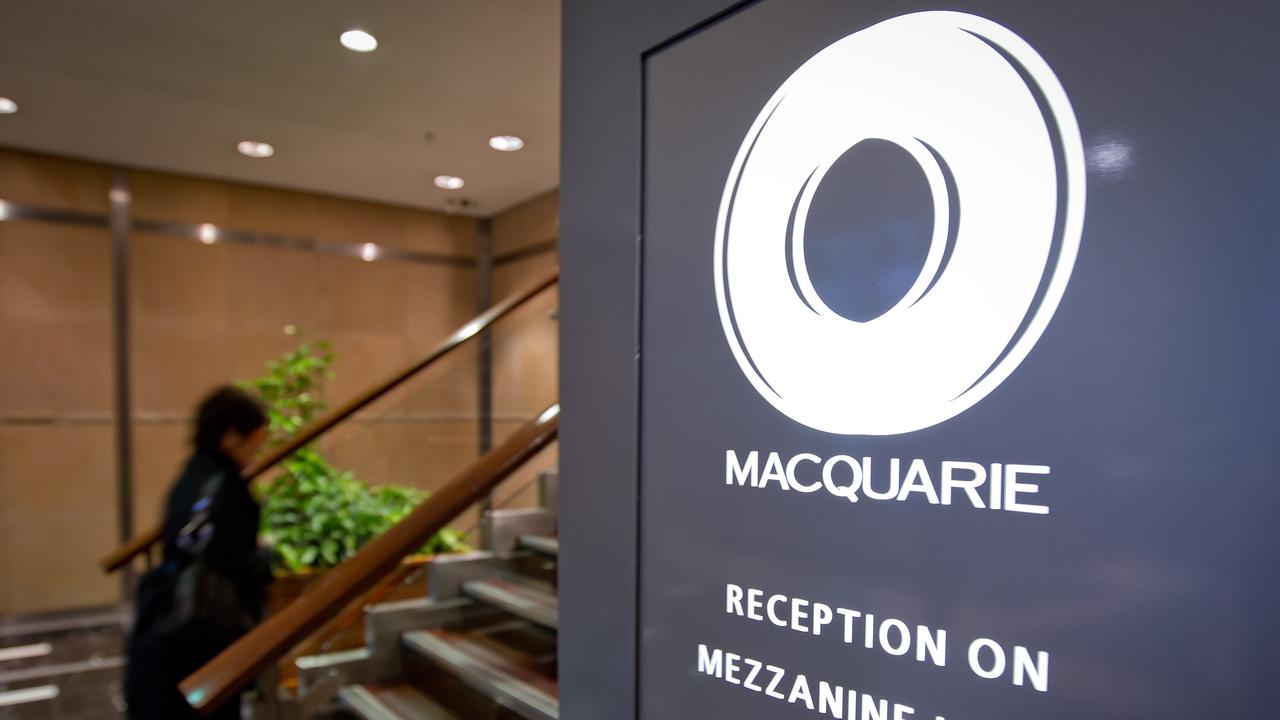Pepper Money tumbles as much as 17% on ASX debut
Shares in the non-bank lender fall well below its $2.89 listing price on its first day of trade.

Business
Don't miss out on the headlines from Business. Followed categories will be added to My News.
Shares in non-bank lender Pepper Money have tumbled on its market debut, falling as much as 17 per cent below its $2.89 listing price on its first day of trade.
Hitting the ASX boards on Tuesday, Pepper shares opened at $2.61 and fell to as low as $2.41 in the day’s trade. The shares closed at $2.61, down 9.6 per cent on the IPO price.
The disappointing debut comes after Pepper raised $500m in the biggest IPO of the year to date, with the lender even increasing the size of the initial offer by $50m following strong institutional interest.
The IPO, priced at $2.89 a share, valued the company at $1.3bn.
The IPO funds will be used for the partial repayment of a $275m bridge facility as well as in the business.
Among the top 20 shareholders in the non-bank lender is Macquarie Bank, with 173,010 shares. Other top shareholders include Pepper executives including its head of HR and its general counsel.
Pepper is still backed by private equity firm KKR, which took the non-bank lender private in 2017. KKR has retained a 60.6 per cent shareholding in the company.
CEO Mario Rehayem on Monday said the lender was benefiting from the current environment of strong price competition between the major banks in the mortgage market, because cheaper rates lead to tighter credit.
He described domestic and New Zealand business conditions as “very strong”, in both the company’s key segments of housing and asset finance, including cars, caravans, bikes and small equipment.
Pepper has been among the non-bank lenders raising billions of dollars through residential mortgage-backed securities (RMBS) in recent months amid the heady combination of a booming housing market and an insatiable appetite from large investors.
The strong interest from global investors in particular was due in part to the attractive yields on offer, according to Mr Rehayem.
“The market has seen unprecedented levels of demand in regards to RMBS and asset-backed security paper, and that’s because businesses like ours that do fund through the debt capital markets are going to provide yield that is appealing for investors not only in Australia but all around the world.
“Every investor around the world has the same appetite at the moment, and that is, a good long track record of strong credit performance mixed with ability to generate good yield. It’s appealing, and that’s what they are gravitating to,” he said.
Pepper made a profit from continuing operations of $99.4m in 2020, according to documents lodged with the ASX ahead of its debut. This was a 71 per cent jump on the year prior, mainly due to an improvement in net interest income driven by lower interest expenses.
Loan losses over the year jumped 37 per cent to $15.4m.
Mr Rehayem will take home a fixed salary of $1.03m a year while CEO, with the potential to earn a further 70 per cent through a short-term bonus plan.
Originally published as Pepper Money tumbles as much as 17% on ASX debut



